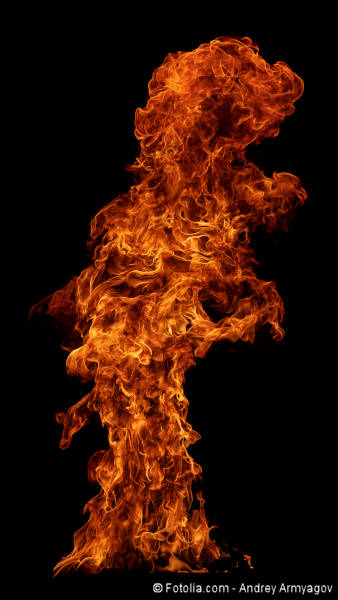For the week of March 25, 2017 / 27 Adar 5777
Va-Yakhel, Pekudei, & Rosh Hodesh
Torah: Shemot/Exodus 35:1 – 40:38 & 12:1-20
Haftarah: Ezekiel 45:16-46
Download Audio [Right click link to download]
 Then the cloud covered the tent of meeting, and the glory of the LORD filled the tabernacle. And Moses was not able to enter the tent of meeting because the cloud settled on it, and the glory of the LORD filled the tabernacle. (Shemot/Exodus 40:34-35)
Then the cloud covered the tent of meeting, and the glory of the LORD filled the tabernacle. And Moses was not able to enter the tent of meeting because the cloud settled on it, and the glory of the LORD filled the tabernacle. (Shemot/Exodus 40:34-35)
This week’s parsha (English: Torah portion) is a high point in Scripture. After many chapters describing the design and construction of the Mishkan (English: Tabernacle), it is finally completed. God responds to this by filling the Mishkan with his kavod (English: glory). God’s glory in this context refers to a physical manifestation of himself denoting his presence in a very real way. God was tangibly showing the people of Israel that he was with them. While God is everywhere in the universe in one sense, this demonstrated that he was uniquely making himself known in and through Israel alone.
Every aspect of the development of Israel’s national life as revealed by God through Moses had to do with maintaining his presence, his glory, among them. From the sacrificial system to personal intimacy; from agricultural techniques to hygiene; from business practices to treatment of people with special needs – everything that God commanded was because he, the Master of the Universe, dwelt among them.
In the centuries that followed, Israel risked losing God’s glory. Eventually, this did indeed tragically occur at the time of the Babylonian captivity as recorded in the eighth through eleventh chapters of the prophet Ezekiel. Contrary to what many people think, the loss of God’s presence was not due to Israel’s moral imperfections. God had made provision in the Sinai Covenant for wrongs committed. The glory departed due to long-term rebellion against God as expressed mainly through idolatry. Israel had outrightly rejected God in other words. But that is not the end of the story. Ezekiel, Isaiah, and the other Hebrew prophets predicted over and over again that God’s glory, his presence, would return to Israel. The restoration of God’s presence was guaranteed to Israel based upon his earlier unconditional and eternal promises to Abraham, Isaac, and Jacob.
By the end of the writing of the Hebrew Scriptures, God’s glory had not yet returned. As prophesied by Jeremiah and decreed by the Persian King Cyrus, many Jewish people returned from Babylon. They resettled the land and rebuilt both the Temple and Jerusalem. But the nation continued in a state best described as tentative. On one hand God was with them during this period – there would not have been a return otherwise – but not to the extent anticipated by the prophets. For most of the time from the return until the destruction of the second Temple in the year 70, Israel continued under foreign rule, a sure sign that all was not right between them and God. Where was the promised Messiah?
It was not until Yeshua’s coming that the light of God’s glory began to appear on the horizon again. Those who believed him to be the Messiah rightly understood Israel’s prophetic writings that his arrival was the indication that God himself was returning to dwell in their midst.
This time it would not be in the form of a cloud filling the Temple, but something much greater. Through Yeshua’s sacrifice, his defeat of death through the resurrection, and his return to the heavenly temple to sit at God’s right hand, he poured out the Ruach Hakodesh, the Holy Spirit upon those who placed their trust in him. Now the glory of God doesn’t live in a tent or a building, but rather in people. The glory of the God of Israel has returned as promised, taking up residence in and among those who believe in Yeshua.
All scriptures, English Standard Version (ESV) of the Bible
